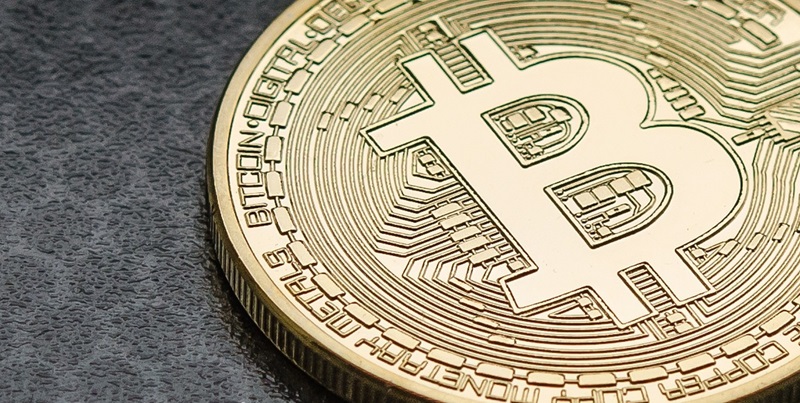Former President Donald Trump’s perspective on Bitcoin has undergone a noticeable transformation since he left office. Once a skeptic of the digital currency during his term, Trump has recently come to acknowledge Bitcoin’s substantial growth and its solidification as a lasting component of the financial sector. This change of heart marks a departure from his earlier critical views, expressed in 2019, and signifies a pragmatic recognition that current financial regulations will have to be updated to effectively integrate this expanding class of digital assets. Trump’s acknowledgment reflects an understanding of the importance of adapting policy frameworks to support the innovation and legitimacy that cryptocurrencies like Bitcoin have attained within the global financial system. It also underscores the evolving nature of political attitudes towards financial technology as its impact on the economy becomes more pronounced and undeniable.
Trump’s Changing Perspective
Recognizing Bitcoin’s Growth
Donald Trump, historically critical of cryptocurrencies, has shown a surprising shift in stance toward Bitcoin, acknowledging its burgeoning role in the financial landscape. His recent statements reveal a recognition of Bitcoin’s independence and its potential need for regulatory frameworks, a remarkable change from his previous stance where he firmly rejected any support for digital currencies, advocating instead for the dominance of the U.S. dollar. This new perspective by Trump echoes a broader change in sentiment among financial and political veterans who are gradually accepting the persistent growth and legitimacy of cryptocurrencies in the global economy. Such acknowledgment from a figure like Trump signifies Bitcoin’s rising significance and the possible reconsideration of its position in the international financial system by policymakers.
A Relaxed Hostility
Former President Trump, known for his once categorical rejection of Bitcoin, has softened his stance on the cryptocurrency. His latest remarks, “I can live with it one way or the other,” signal a significant shift from his past definitive disapproval to a more tempered position. While Trump stops short of endorsing Bitcoin, his words suggest a deeper appreciation for the cryptocurrency’s role within the financial landscape and acknowledge its growing complexity. This change in tone indicates a more pragmatic view of digital assets, one that shows willingness to accept their presence in the market, albeit without actively promoting them. Trump’s evolution on the matter reflects an adjustment to an ever-changing economic environment where cryptocurrencies are becoming more entrenched, prompting even skeptics to re-evaluate their positions. This pragmatic acceptance marks a notable change for the former president, revealing a potential openness to the integration of digital currencies in the future.
Regulatory Outlook and CBDCs
Potential for Regulation
Donald Trump has hinted at the possibility of regulations for Bitcoin amid its increasing popularity. Although he seems somewhat detached, he acknowledges the significant consequences that may ensue if cryptocurrency growth remains unmonitored. Trump’s remarks align with a larger conversation concerning the appropriate way to integrate digital currencies within the legal framework, safeguarding consumers, and ensuring the stability of the financial system. Moreover, there is an evident need to strike a delicate balance between encouraging technological advancement and implementing the required regulatory controls. Trump’s nuanced stance mirrors a growing consensus that while cryptocurrencies bring innovation, they also necessitate judicious oversight to mitigate risks. His perspective underscores the pressing challenge for policymakers: to create conditions that promote responsible innovation in the fintech sector while effectively managing the potential disruptions to the traditional financial ecosystem.
Stance on Central Bank Digital Currencies
Former President Trump, once a critic of Bitcoin, now shows less resistance to the cryptocurrency. However, his skepticism increases when it comes to Central Bank Digital Currencies (CBDCs). He perceives CBDCs as a potential threat to the freedoms that traditional currencies provide. Emphasizing his wariness, Trump has committed to hindering the advancement of CBDCs if he secures a return to the Oval Office. His stance underpins broader apprehension regarding digitally centralized forms of money, which may disrupt established financial systems. Trump’s preference leans toward the preservation of conventional currency methods, suggesting a cautious and conservative attitude toward novel financial technologies that bear the risk of reshaping current monetary frameworks. This perspective indicates caution toward innovation that could challenge the status quo of monetary governance, reflecting his broader emphasis on financial security and sovereignty.

